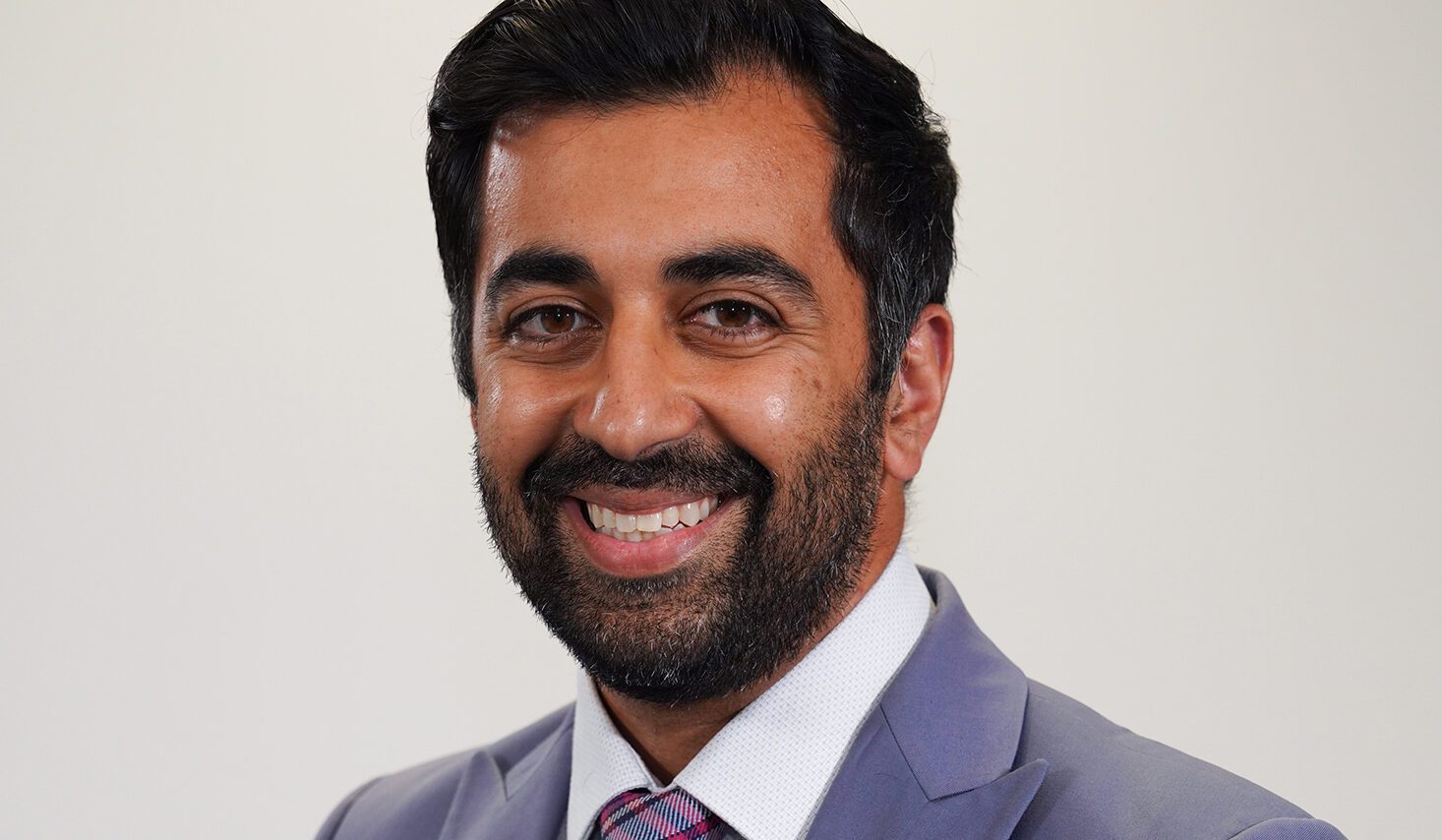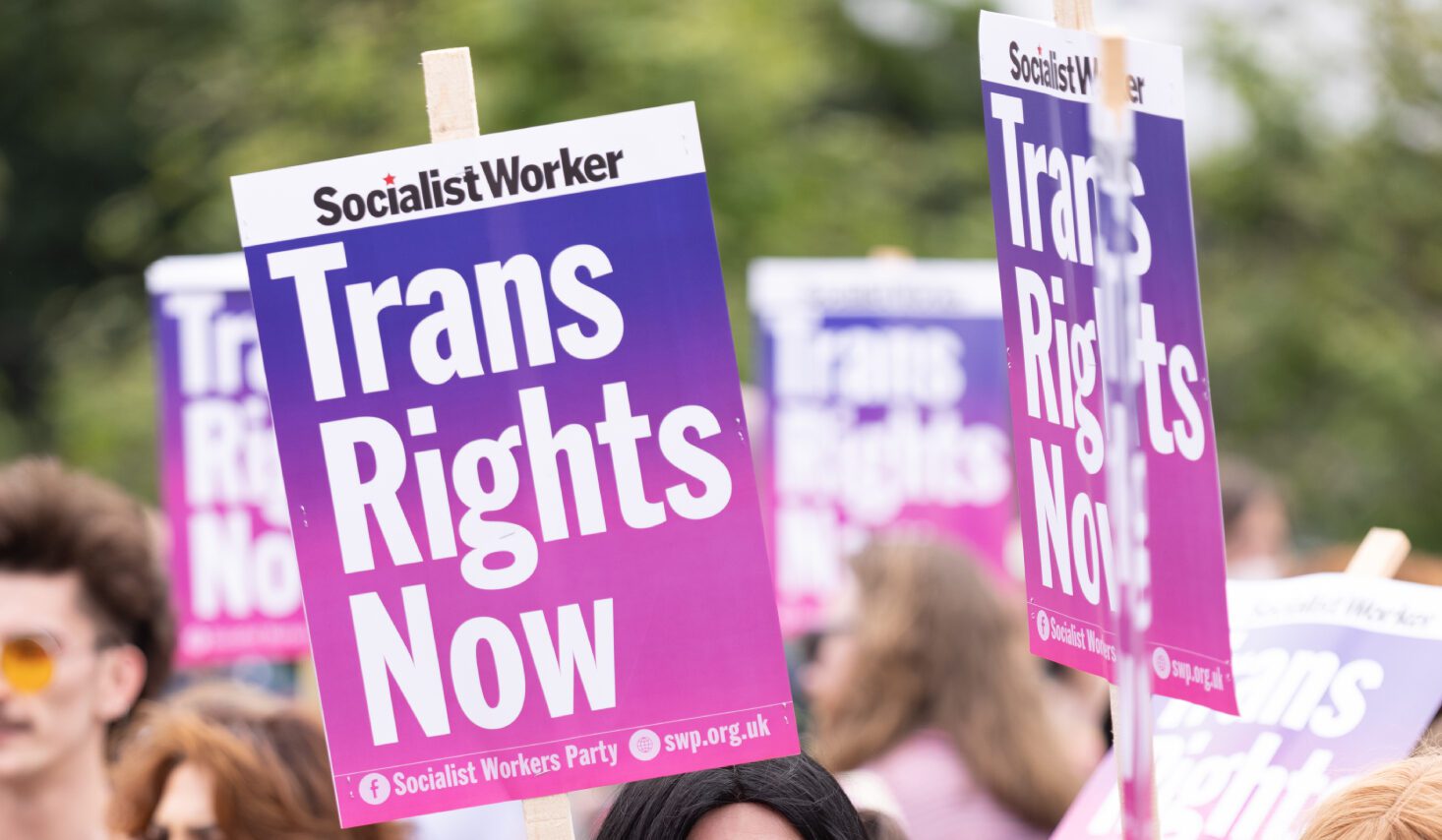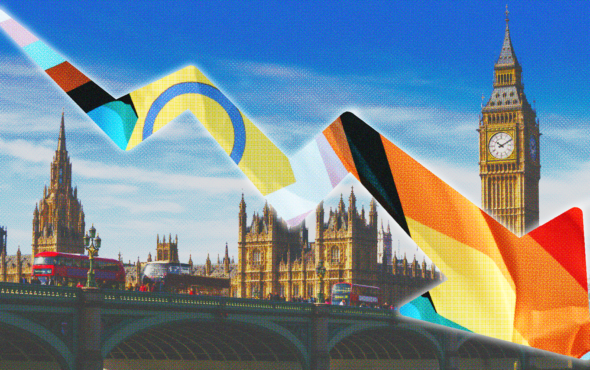
With the Gender Recognition Bill causing constitutional chaos between Holyrood and Westminster earlier this year, provisions for LGBTQ+ people in Scotland have been a question mark for many Scots following the resignation of Nicola Sturgeon in February 2023.
As Humza Yousaf becomes the sixth First Minister of Scotland, let’s take a look at what the MSP for Glasgow Pollok’s stance is moving forward on LGBTQ+ rights, and whether or not we can regain clarity on what the future looks like for LGBTQ+ people in Scotland.
Voting Record
Despite missing the final vote in February 2014 on the legalisation of same-sex marriage due to Government business, Yousaf has consistently voted in favour of motions that would protect LGBTQ+ people.
In 2011, he voted for the Hate Crime and Public Order (Scotland) Bill which aimed to update existing laws surrounding hate crime to ensure that the act of stirring up hatred against people based on sexual orientation or transgender identity were considered a crime.
In the Scottish Parliament, he spoke during the final stage of the bill on the impact of stirring up racial hatred, and how hatred based on sexual orientation or gender identity is just as important.
“There are some people here who believe—even if they were to be the person towards whom the hatred was directed—that racism that is intentionally stirred up using threatening or abusive language, at home with a sibling, child or grandchild present, should not be prosecuted,” he said.
“The outcome could lead to a person of colour, a disabled person, someone who is gay or lesbian, an older person, a trans woman or somebody with variation of sex characteristics being beaten up or threatened with violence.”
The Bill passed on 11 March 2021, with 82 votes in favour, 32 votes against, and 4 abstentions.
As the leadership hustings commenced in early March 2023, Yousaf’s message remained clear on equality for all, stating that he would make Scotland an “International leader in Human Rights”. Along with this, he promised to ban conversion therapy and “embed LGBT rights into an independent Scotland’s constitution”.
The outlook looks good – however some could say a lot of these strong promises hinge on his ability to lead Scotland into a new realm of independence. With Nicola Sturgeon struggling to gain momentum on yet another Scottish Independence Referendum, will Hamza Yousaf be able to be any different?

Trans Rights
On 16 January 2023, Scottish Secretary Alister Jack confirmed that a section 35 order at Westminster would be enacted to prevent the Gender Recognition Reform Bill from gaining Royal Assent.
This came after the Scottish Parliament passed the Gender Recognition Reform Bill on 22 December 2022. The Bill, with 86 votes in favour to 39 against, would allow transgender people to self identify without a medical diagnosis of gender dysphoria in order to obtain a Gender Recognition Certificate.
For the first time in the 25 years since devolution, Section 35 was used to block legislation from Holyrood, causing a constitutional row over the rights of the British Parliament to veto laws voted upon by the Scottish Parliament.
In the leadership contest, Humza Yousaf vowed to challenge Section 35 if he were to become First Minister. At a hustings event in Arbroath in March, Yousaf said he would fight “any power grab by Westminster on any issue, even if it was one he fundamentally disagreed with”.
Trans Rights in Scotland have been catapulted into the spotlight as the central component of a constitutional tug-of-war between Scotland and England. Although this bill’s focus is about the increased accessibility in obtaining a Gender Recognition Certificate, it’s also an opportunity for Yousaf to champion for independence from England. As a supporter of independence, this is a brilliant political opportunity for him to assert himself from the get go as a strong First Minister.
Some have claimed Yousaf and fellow MSPs in the leadership race were using this issue to make them appear more liberal, however Yousaf’s record on LGBTQ+ issues makes it seem apparent that this isn’t something that will disappear into the long grass.
As the leadership contest drew to a close, Yousaf and Kate Forbes, former candidate for First Minister, held their final leadership debate on Times Radio. Here, Humza Yousaf acknowledged the nuance and sensitivity of trans experiences he had heard during his time as Health Minister.
“During the course of the Gender Recognition Reform Bill, one of the first conversations I had was with a young Muslim who was trans. He told me very clearly that if his parents had known he was transitioning, reprisals would have been pretty difficult,” he said.
“So of course I would want a 15 year old who is considering transitioning to be comfortable enough to be able to talk to their parents. But that’s not the reality for every single person.”
A promising exchange that is often rarely heard from those in the highest echelons of politics. We hope that this is the start of many more public expressions of support for trans people in Scotland.
What’s Next?
As Scotland welcomes its sixth First Minister, the road ahead looks treacherous. With Yousaf’s strong comments on attesting Section 35, we will wait to see whether or not these words will come to fruition. If they do, this could be a turning point for trans people in Scotland, as the streamlining of the process of them being able to acquire a Gender Recognition Certificate in a de-medicalised way will be ever closer.
With immigration and the economy storming the front pages, we hope that LGBTQ+ stories are still centerfold as the intersectionality of the financial situation and housing crisis across the whole of the UK disproportionately impacts LGBTQ+ people.
With a lot on his plate, and a tough few months ahead, we hope Humza Yousaf can remain firm in his commitments to the trans people of Scotland, and see LGBTQ+ people receive the support and protections they so fervently deserve.


